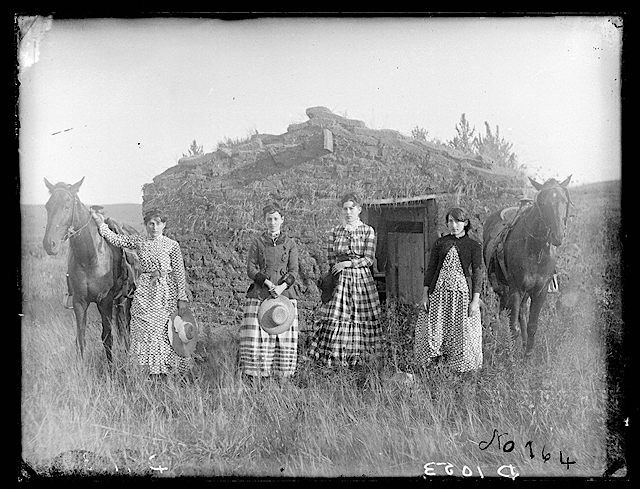
The Chrisman Sisters, 1886: Lizzie Chrisman filed the first of the sisters’ homestead claims in 1887. Lutie Chrisman filed the following year and the other two sisters, Jennie Ruth and Hattie, had to wait until 1892, when they came of age, to file.
He photographed my relatives, too, the ones in the hallway. In one of his most famous photos, and one of his first, he captured the four Chrisman sisters, my distant relatives, late teens or early twenties, perhaps, standing before the front door of their soddy, flanked on both sides by a saddled horse, their floor-length cotton dresses—each a different pattern—lost in the brittle prairie grass. They stand tall and altogether badass, reigning in the prairie one day at a time, each of them with three claims to their name. He photographed Harvey Andrews and his family, also distant relatives, standing beside the grave of his dead child, two small cedar saplings growing up behind the tombstone, his other young children bundled in thick wool coats, a newborn in the mother’s arms. Solomon D. Butcher’s Photographs

One of the most striking features of these photos is the pride the homesteaders show.
Many of those photographed were the first landowners in their family. Homesteaders often lined up their most prized possessions in the photos to show the scope of their ownership.
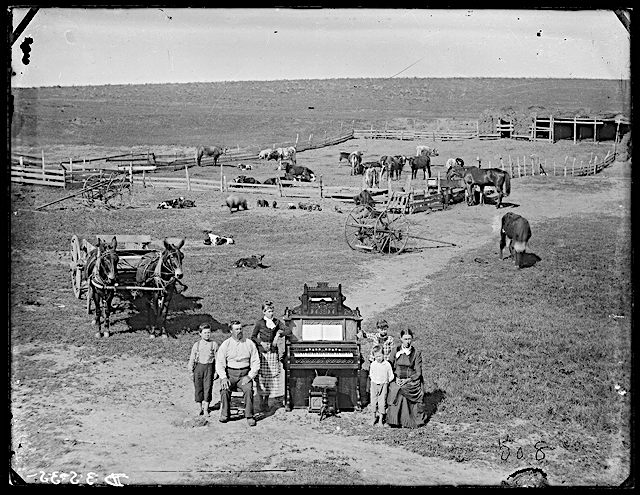
One woman, reportedly embarrassed by her sod house,
requested that the family be photographed with her pump organ instead. They dragged the organ out into the yard — farm animals and wagons can be seen in the background — then dragged it back into the house after the photo was taken.
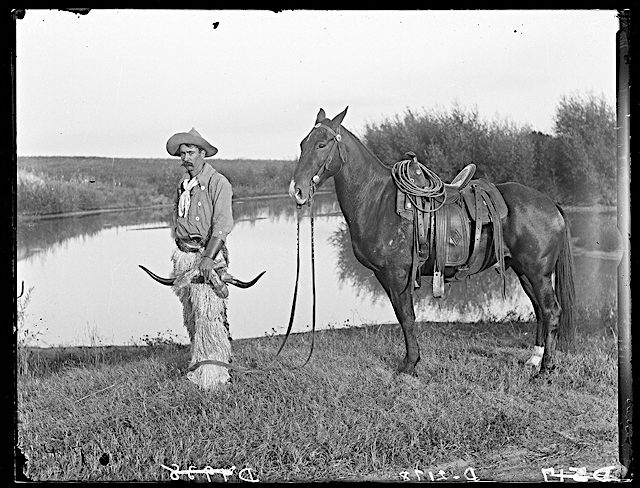
Ned Dunlap, known as Kearney, Nebraska’s only real cowboy, 1902.
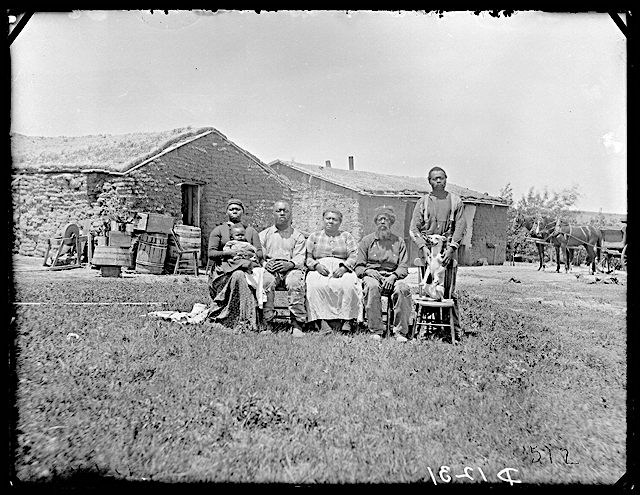
The Shores family, near Westerville, Custer County, Nebraska, 1887. Jerry Shores was one of a number of former slaves to settle in Custer County. He took a claim adjacent his brothers’, Moses Speese and Henry Webb (each had taken the name of his former owner).
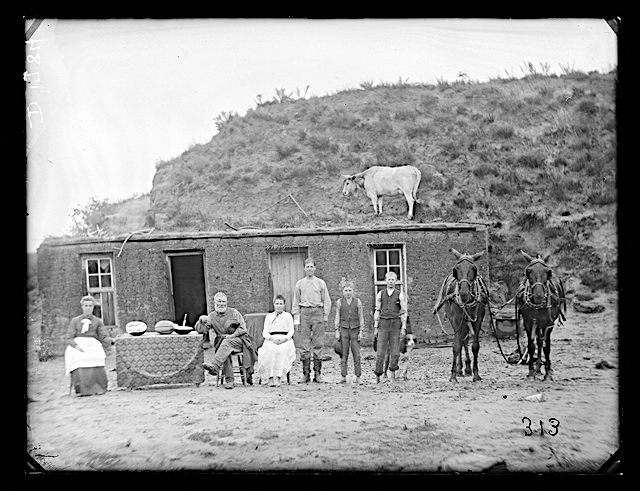
Sylvester Rawding brought his family to Nebraska in the 1880s. In 1886, they brought their lunch outside on a muddy day so that photographer Solomon Butcher could capture the family on film. Sylvester was a Union Army Civil War veteran, wounded during a skirmish near Mobile, Alabama.
More images at The Week – America’s pivotal move West
“Oh the hinges are of leather
And the windows have no glass
While the board roof
Lets the howling blizzards in
And I hear the hungry coyote
As he slinks up through the grass
Round the little old sod shanty
On my claim”


![That Was the Whopper Weekend That Was [Illustrated] welcometohell](https://americandigest.org/wp/wp-content/uploads/2021/05/welcometohell-150x150.jpg)



![Allen Ginsberg: The Interview, <strong> ➡ 1972 ⬅ </strong> [Republished by unpopular demand] ginsbergnirvana](https://americandigest.org/wp/wp-content/uploads/2022/05/ginsbergnirvana-150x150.jpg)


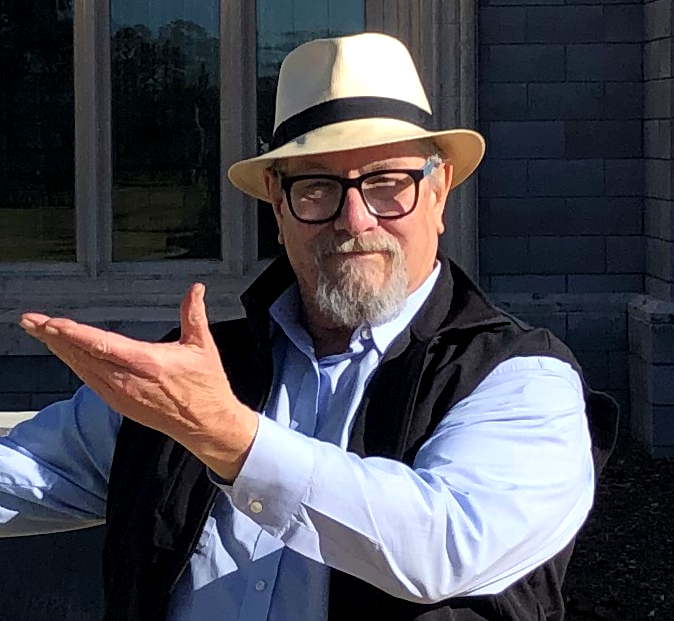 Gerard Van der Leun
Gerard Van der Leun






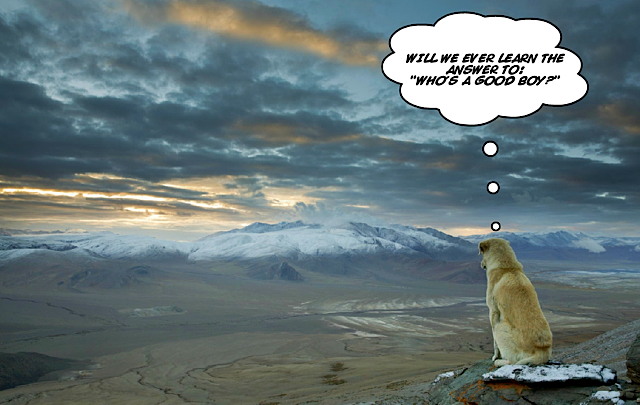

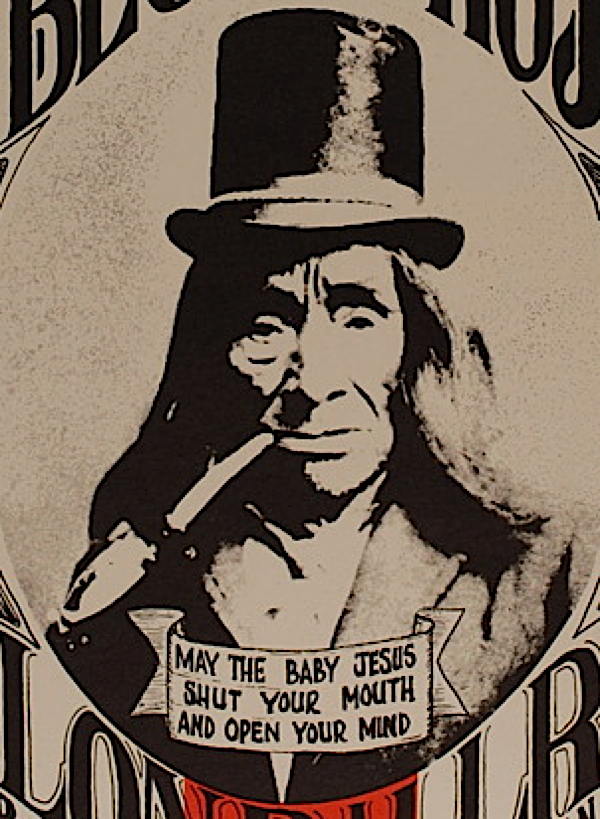

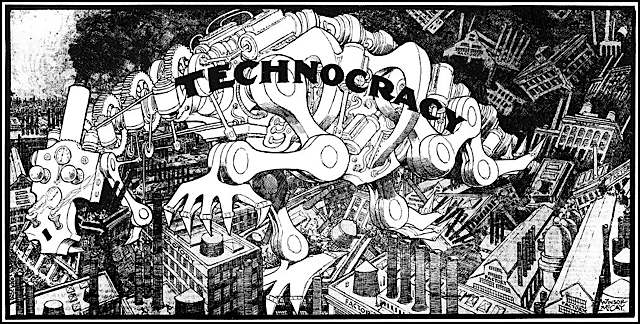

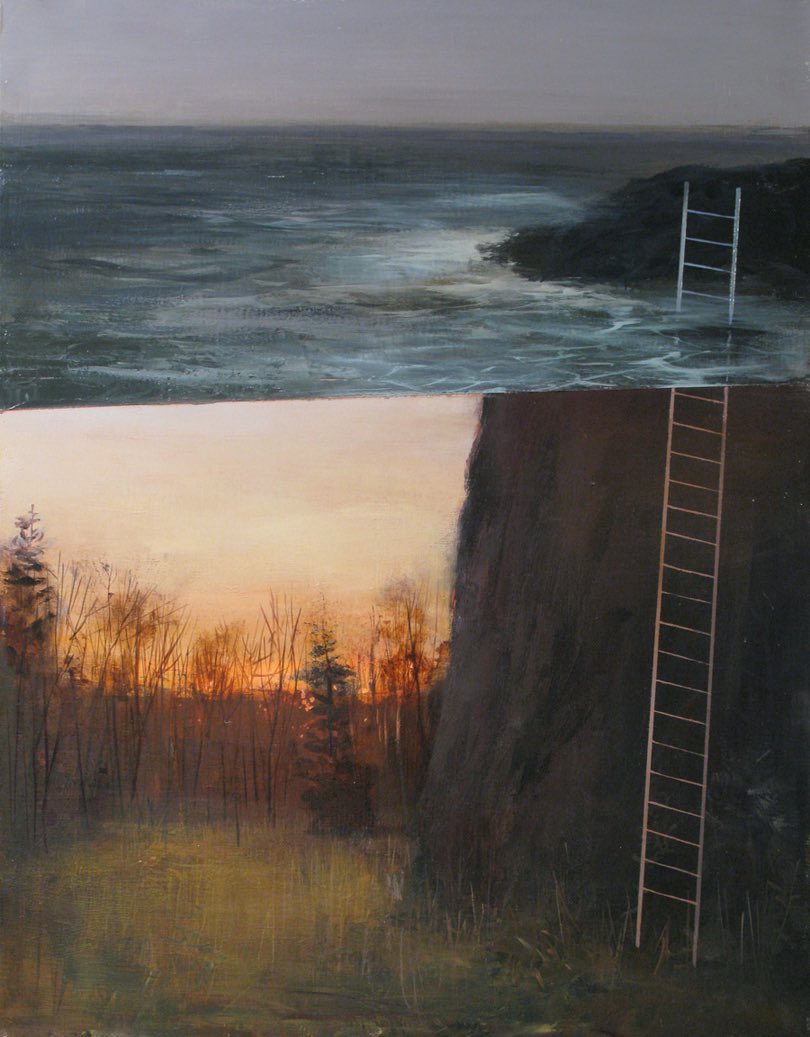



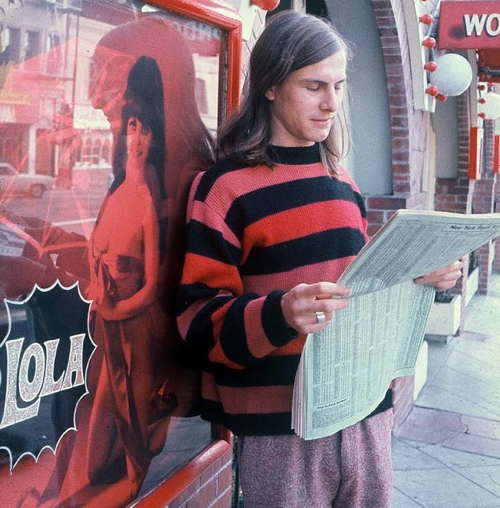

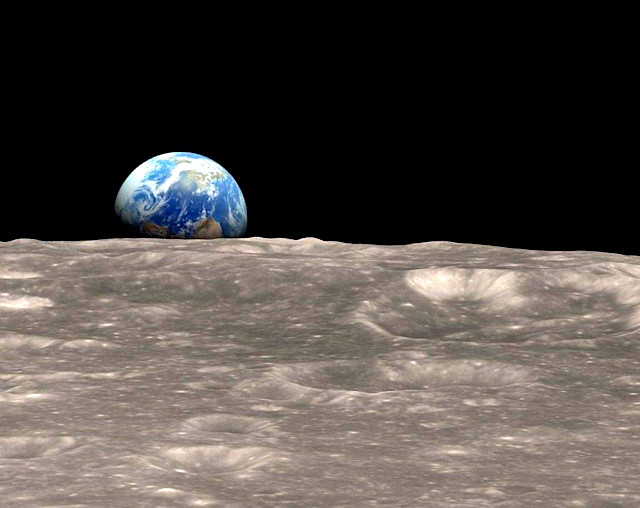


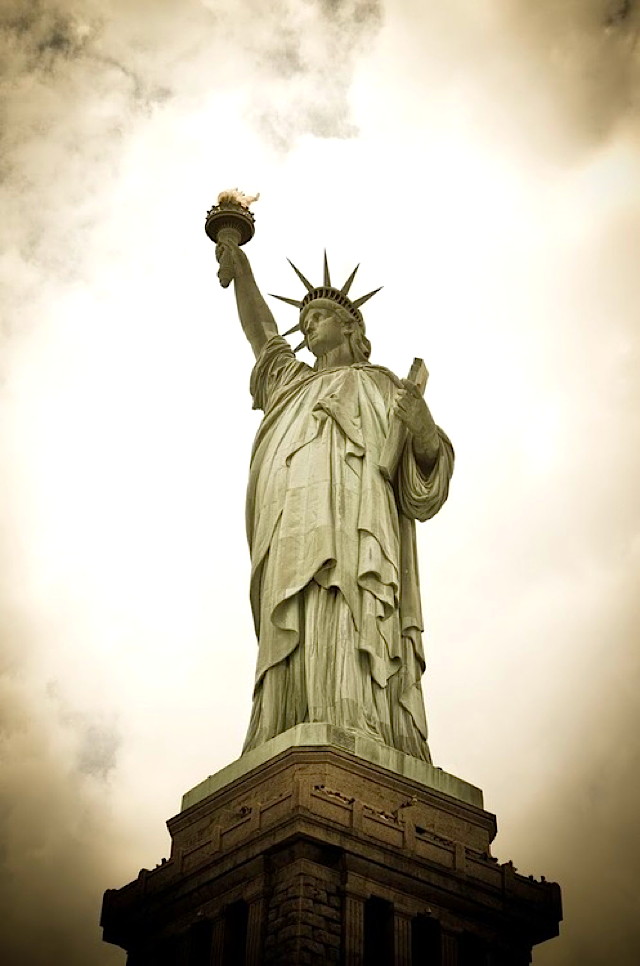


Comments on this entry are closed.
These photos provide a whole lot of reality.
I’ve known a lot of people who came out of Nebraska, and they either keep their bullshitters at home or don’t make so many of them.
My paternal G-G-G-Grandfather homesteaded in Knox Co., OH. His son, my G-G-Grandfather homesteaded in Adams Co., IN.
My grandfather (b.1880) and grandmother (b.1900/2ndwife) traveled from southern Illinois to the Jordan, Montana area and homesteaded with their first house being a sod house. They built a wood framed house but a few years later it burned and they moved back into the sod house. Still have a picture of my Dad at about 5y.o. standing barefoot in the yard. They dug lignite coal out of the hillsides to burn for fuel in the winter as there weren’t many trees in that part of Montana.
My maternal grandparents homesteaded in Central Arizona in 1915, 3 years after statehood. My grandfather moved his wife and baby into a tent while he dug the well and built the house. They had 8 children, 6 survived. My grandmother told of the time my grandfather had to leave to work, and, he left the gun with her, as Pancho Villa was thought to be at large in the area. (He had been captured, but they had no news) They lived in the desert with no A/C, or cooling. I cannot imagine how tough they were. I only knew them after they were very old. They had moved into town in 1934, when the well dried up.
Dad was born in 1903 in Staplehurst, Nebraska. You probably won’t find it on the map. He never finished high school, something that seemingly embarrassed him later in life as mom’s family included several college graduates. I was told that at the age of 13 he’d spend long days after a blizzard with a crew shoveling out passenger trains on what was probably the Union Pacific line. My grandfather installed diesel generators and electrified the towns in their neighborhood. One night dad caught a “big dutchman” on a ladder stealing the light bulbs from the street lights his family had installed. Dad knocked him off the ladder and broke his nose. The dutchman sued and it cost my grandfather quite a bit of money. The earliest story dad told was of his new pair of rubber boots. He’d worn them out on the road, and gotten stuck in a mud hole. A big indian came along, reached down, and pulled dad and his boots out of the mud. Dad was terrified. He was probably about 3 or 4 years old. My grampa had died before I was born in 1943. Dad was an electrician in the Seabees at the time, somewhere between Darwin and Brisbane, before following MacArthur through the Philippines. I was two and a half before he ever met me.
James Wilson’s observation about Nebraskans and bullshitters fits my memories and experiences. Thank you, James.
Sorry if this ran on too long. You don’t want to get me started.
https://www.amazon.com/Rachel-Calofs-Story-Homesteader-Northern/dp/0253209862
Found an old cemetary not far from the family farm ten years ago. Could hear their whispers on the wind…
Ah, yes ; photographic evidence of white privilege !!!
My great-grandfather and his wife homesteaded near Kenna, NM, and lived in a dugout. I think it had more wood involved than a soddy, but it would have been similar. The father had to drive the wagon six miles each way to the nearest windmill, twice a week, for water. I think about that, sometimes, when the water flow at the bathroom sink doesn’t meet my expectations.
My great grandmother wrote a book about the experience. She tells how she wound up teaching in the one-room country school. She was a tiny woman. One day one of the older students threatened her with a knife. She did not back down. The next day he showed up early, very bruised, apologizing profusely, and showed up early every day for the rest of the year to get the wood stove going.
Copies of the book, published long after she died by her son, show up on Amazon. It’s called Six Miles to the Windmill.
Amazing stories in these comments! My respects to the soddites, but my grandpappy homesteaded in the Pacific Northwest 1 mile from tidewater, and on the rugged Olympic Peninsula. Well, rugged is an understatement, I think. They measured the rain there by the foot, and boast the only authentic rainforests in the Lower-48. It was Pacific storms that graveyarded record numbers of ships, and giant timber that dwarfed humans.
Grandpa Max Klahn hiked 100 miles on the wild Pacific beach, where it was subsistence hiking and no Gore-Tex, and the Indians rafted you across the rivers that you couldn’t ford. He worked the docks and the woods during the Great Depression, but still had time to return monthly to the homestead to father 13 children, all 7 boys of whom served in the war.
Homesteading was not for pu…the weak. We need a new homestead act for today. The feds have a surplus of land that, by complete ignorant incompetence and liberalism (but I repeat myself), loses money hand over foot. Give it by homesteading to US citizens, it pains me to have to say, who will turn it to profit, and thereby pay taxes and everything becomes win, win, win. Of course, it’s too smart a move for the government of today to ever make.